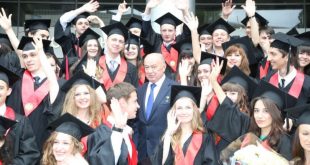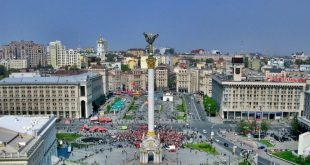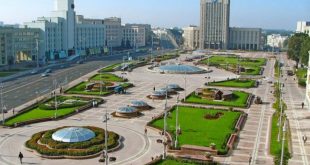The Ukranian customs and traditions have great diversity and deep roots in Treble culture. It is widely related to the main events of family life such as: (marriage, birth, baptism, funerals …).
It is also related to the seasonal rituals that came from pre-Christian times and are linked to agricultural activity and the session of the year. All religious rituals are often repeated with pagan rituals.
Table of Contents
Origins of Ukrainian traditions:
The roots of the Ukranian customs and traditions are centuries old, but still less popular today. Most of them go back to the Christian religion and others to historical circumstances that have made the Eastern European culture very different from the Western.
Ukrainians pay great attention to traditions because they are unique and very strange.
Jump over the fire
Kubala Night is a holiday the Ukranian customs and traditions that they associate with the summer solstice period and they celebrate on the night of the seventh of July. During this time many magical plants grow (according to legends).
Therefore, the Ukrainians believe that whoever finds a fern flower in the woods will be rich and happy forever. Girls put wreaths in the water, and whoever praises their wreath first will get married soon.
The important rite is fire and the belief that these fires have healing powers that purify sins and cure diseases.
Beating the family with willow twigs
On Sunday, “Verbna Nedilya”, people celebrate the date of Jesus’ entry into the city of Jerusalem. In western countries they call it “Palm Sunday”, but due to the lack of palm trees in Ukraine, the locals replaced it with willow branches. Some customs suggest hitting your family members with a heap of willow because it has purifying and healing powers.
Easter eggs
In the spring, while preparing for planting, Ukrainians perform special songs to welcome the spring. The most important holiday here is the Easter holiday.
This is one of the Ukranian customs that they associate with the tradition of making special Easter bread and drawing Easter eggs “Pysanky”.
The tradition of drawing Easter eggs is still very popular, so everyone can take part in Easter eggs and learn more about this art.
Knowledge exchange on September the 1st
The academic year in Ukraine begins on the 1st of September. This day is known as “the day of knowledge” since the Soviet era.
It is a type of school entertainment program where students present different presentations, congratulating teachers and lecturers at the beginning of the school year and sharing knowledge.
It is one of the greatest Ukrainian customs that has been around for decades.
Ukranian customs and traditions in daily life
Ukrainians live in a country where everyday life is often unstable, so they have learned to adapt to the ever-changing rules.
The influences of the Russian Orthodox Church as well as a long history of turbulent economic times, unstable governments, and adverse climatic conditions create what may seem a rather particular approach to life. This is compensated for by their hospitality.
Weddings in Ukraine
As for family traditions, the wedding is the most complicated and interesting one. It starts with a “ransom of the bride,” as the groom buys the bride from her parents. Traditional Ukrainian weddings are noisy and cheerful, characterized by jokes, music, and dance.
In the past, the wedding used to last a week, and now it only lasts for one or two days. In all celebrations, national fashion and cuisine take over the primary role.
The traditional costume of Ukrainian women consists of several elements, the most important of which are: the embroidered shirt Zapasca (traditional skirt), “krajka” (traditional belt), and the young unmarried girls wear “Vinok” (crown of flowers).
As for the men, they wear a shirt, a belt (wide trousers), and a long belt.
Language in Ukraine
Ukrainian is the official language of the state, and it is the language of the East Slavic group of Slavic languages. The language shares some vocabulary with the languages of the neighboring Slavic countries, especially the Belarusian, Polish, Russian, and Slovak languages.
The Ukrainian language traces its origins to the ancient Eastern Slavonic language in the early medieval era in Kievan Rus.
Generosity and hospitality
Ukrainians are very generous and hospitable people. You must always serve good food and drinks to your visitors, as they believe it is brazen to eat in front of another person and not to give them anything.
Also, get to know:




 Aljawaz Your guide to study abroad
Aljawaz Your guide to study abroad










